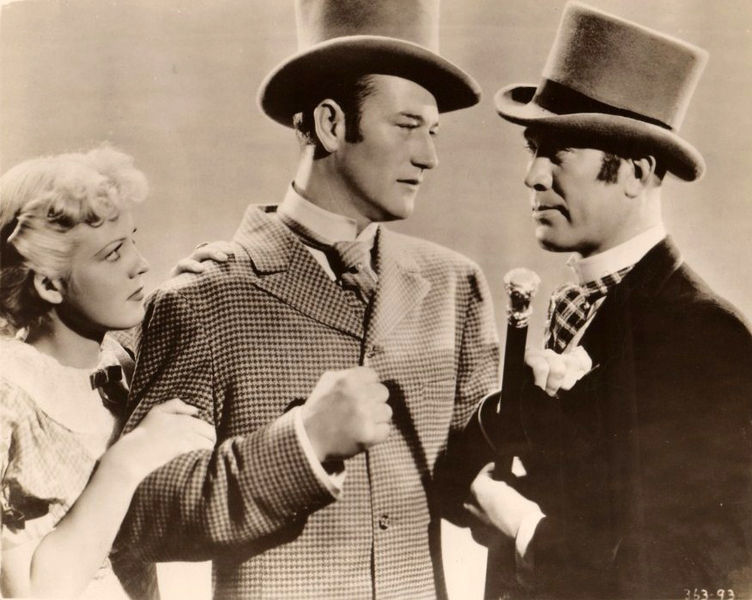 by Lorraine Segal
by Lorraine Segal
Many of us shudder with fear or dread when we hear the word “conflict.” We would do anything to avoid it, sidestep it, ignore it, or somehow fix disagreements without actually dealing with them.
Unfortunately, conflict is an inevitable part of human interactions, at home or at work and it won’t go away just because we, understandably, would prefer not to deal with it.
Sign up for our free webinar with Lorraine Segal, June 5, 2014 at noon PT, "Effective Strategies to Manage Conflict at Work."
_1.jpg?width=450&height=359&name=752px-conflict_(1936)_1.jpg)
The good news
When we accept the reality of conflict, it is absolutely possible to learn techniques and ways of thinking that help us manage and even resolve conflict with co-workers, bosses, or employees. It can take practice, support, repetition and willingness to integrate and use these approaches well, but my clients, and I vouch for their effectiveness.
Here are a few effective strategies and mindsets to get you started:
1. Accept that conflict happens.
Conflicts will arise. You don’t need to blame yourself or another for a disagreement. This helps you keep an open mind to focus on solutions.
2. Manage your own emotions and responses.
Are they saying or doing something that sends you through the roof? Chances are the intensity of your reaction has to do with past experiences, not just the current problem. Becoming aware of what is getting triggered, and then separating the past from the present situation, will help you stay calm and present.
3. Make the first move.
Be willing to make the first move toward resolution, even if you think it is their fault and they should be the first to act. Do it anyway, and you will get the benefit.
4. Be willing to listen.
Each of us has our own way of framing and describing our experience. When we recognize that they have a different story about what happened, and become willing to listen to and understand their perspective, we can see more clearly how we got embroiled and how we might resolve the conflict.
5. Take responsibility for your part.
Did you make a mistake that affected someone else, lose your temper, or hurt someone’s feelings? This is human and inevitable, as well. If you can acknowledge your part, instead of reacting defensively, it can defuse conflict. This does not mean taking all the responsibility, but sincerely recognizing what you did wrong.
The rewards of mastering conflict skills
It takes a lot of practice and willingness to become aware of your assumptions about the other person, and to change your behaviors and ways of thinking about conflict. But making these changes will reap rich rewards—including peace of mind, more energy for your work and your life, and better interactions with those around you.
Get good enough at it, and you may be seen as the “go-to” person for helping others with their disagreements, which is an excellent leadership ability. Individual communication/conflict management coaching or classes can offer support, rehearsal, and guidance for strengthening these crucial skills.
Click now to sign up for our complimentary webinar on 6/5/14 with Lorraine Segal, "Effective Strategies to Manage Conflict at Work."
Lorraine Segal (M.A. TESOL) was a tenured community college professor for many years before she found her true passion for helping people communicate better, resolve conflicts, let go of resentments, and forgive themselves and others.
Now, she is a communication and forgiveness specialist, a certified conflict management coach, a mediator, and a teacher. She has her own Sonoma County-based business, Conflict Remedy, offering individual and group coaching. She also teaches communication and forgiveness skills at Sonoma State University and St. Joseph’s Health Life Learning Center. For more information about Lorraine and her work, visit her website: www.ConflictRemedy.com.








